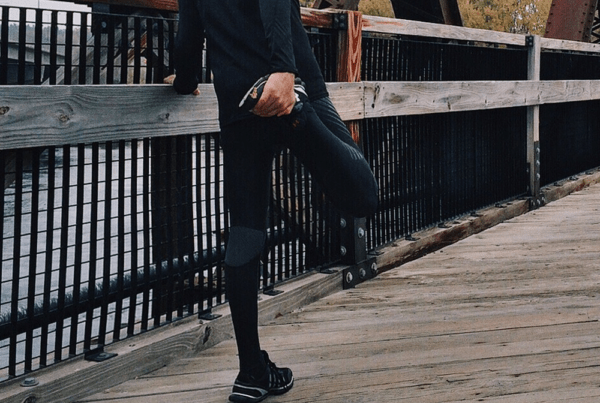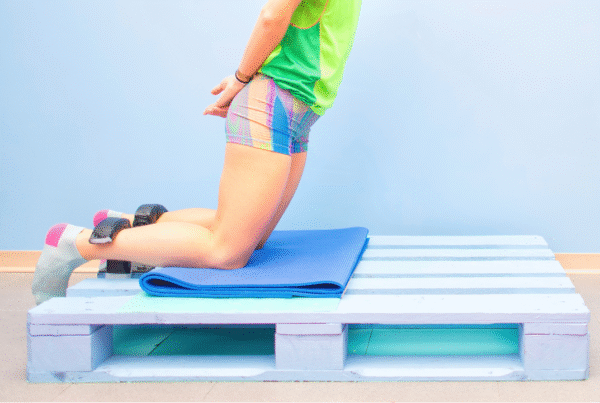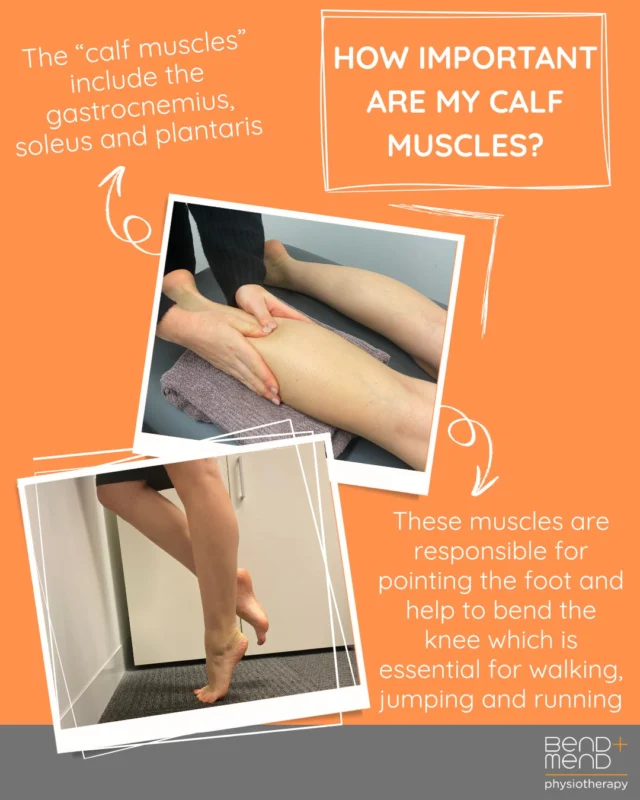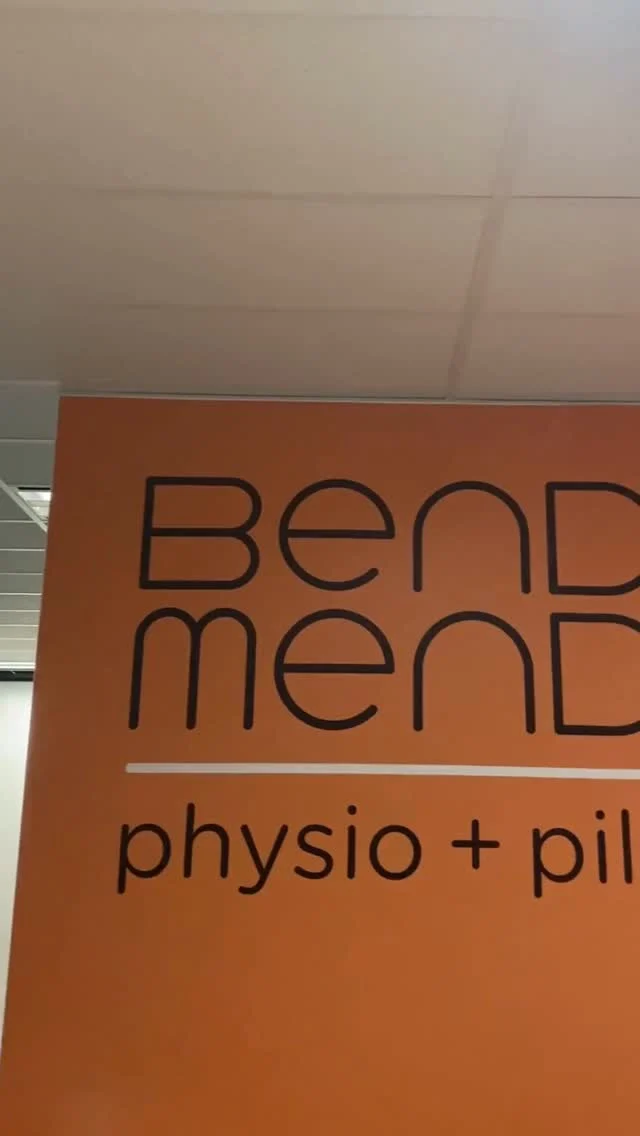An interesting article came to my attention recently. A group of English researchers set out to find how common an abnormal finding is in non-painful knees. Or put simply if you MRI people who do not have pain will you find issues. The results are quite interesting, the research is on the knee joint but there are similar findings in other body areas also.
The group scanned 230 knees from 115 individuals using a high-powered (T 3.0) MRI machine. The median age of participants was 44 years old and there were 64 females and 51 males. The results were read by 2 senior Radiologists using standardised scoring methods for classifying structural abnormalities.
The Results
The research found some amazing findings. On MRI 97% of the knees scanned had an abnormality (227 of the 230 knees!). These were broken down into the following structural abnormalities:
- Meniscal tears – 30%, of which 23% were horizontal tears, 3% had complex tears, 2% vertical, 2% radial and 1% bucket handle
- Cartilage abnormalities in the patellofemoral joint – 57%, of which 19% were moderate and 31% were severe
- Bone marrow oedema – 48%, of which were moderate in 19% of cases and severe in 31%
- Tendon lesions – 21%. Patella tendonitis accounted for 11%
- Ligament partial ruptures 3% of which 2% are ACL
Why is this important?
As Physios we assess knees taking a few things into account, your story, your history, your tests both functional and special tests, and then your scans (if you already have them). An experienced clinician will work in that order and only use the scan as a method to confirm the diagnosis. Although scanning structures has become an especially useful tool, as the article suggests, it would be unwise to use the findings of a scan solely to diagnose the source of your pain.
If you are unsure of your scan findings or you would like to review a troublesome knee complaint come in and see one of our experienced clinicians at 4 convenient Sydney city locations.
Reference:





